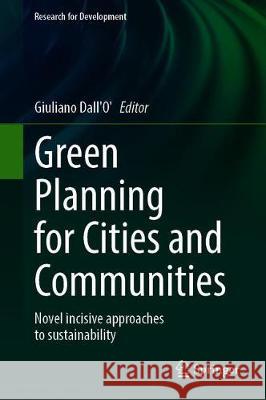Green Planning for Cities and Communities: Novel Incisive Approaches to Sustainability » książka
topmenu
Green Planning for Cities and Communities: Novel Incisive Approaches to Sustainability
ISBN-13: 9783030410711 / Angielski / Twarda / 2020 / 396 str.
Green Planning for Cities and Communities: Novel Incisive Approaches to Sustainability
ISBN-13: 9783030410711 / Angielski / Twarda / 2020 / 396 str.
cena 645,58
(netto: 614,84 VAT: 5%)
Najniższa cena z 30 dni: 616,85
(netto: 614,84 VAT: 5%)
Najniższa cena z 30 dni: 616,85
Termin realizacji zamówienia:
ok. 22 dni roboczych.
ok. 22 dni roboczych.
Darmowa dostawa!
Kategorie:
Kategorie BISAC:
Wydawca:
Springer
Seria wydawnicza:
Język:
Angielski
ISBN-13:
9783030410711
Rok wydania:
2020
Wydanie:
2020
Numer serii:
000473111
Ilość stron:
396
Waga:
0.72 kg
Wymiary:
23.88 x 19.56 x 2.03
Oprawa:
Twarda
Wolumenów:
01











